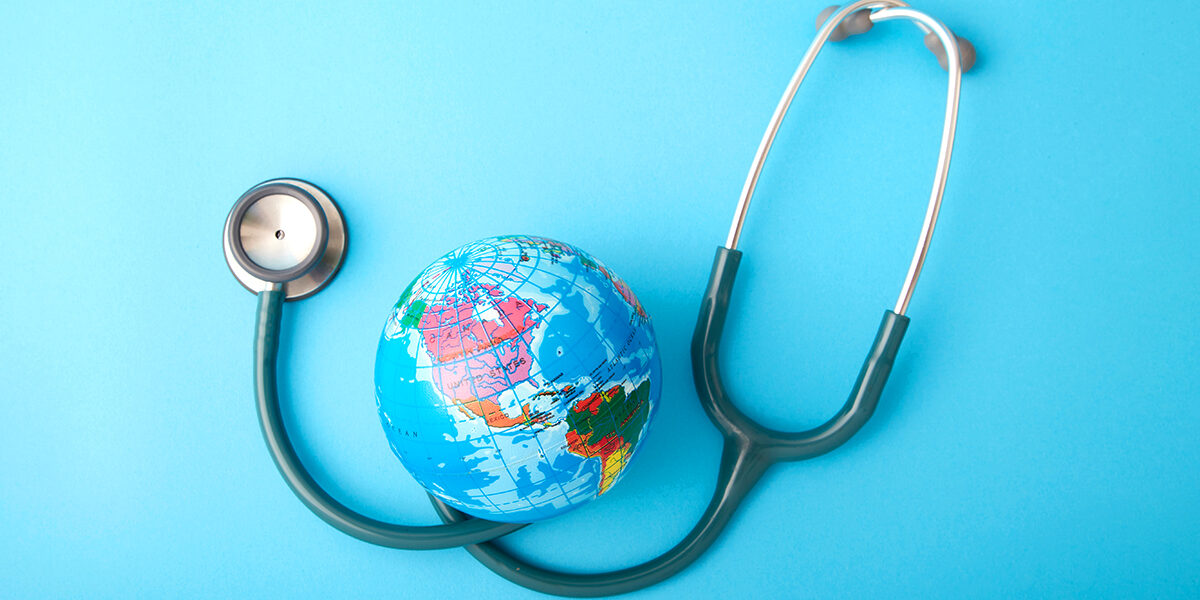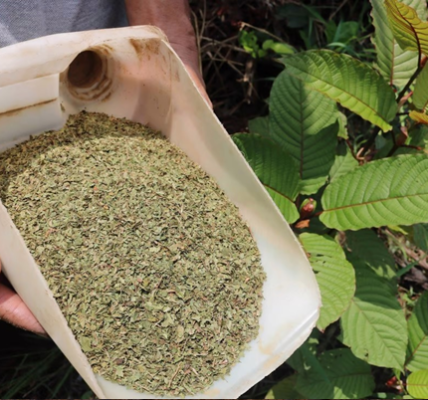Improving Access to Healthcare is Imperative, Says Dr. Sameer Suhail
Given the current state of healthcare access in many parts of the world, it is no secret that accessing healthcare can often be an obstacle for those living in underserved areas. This is generally due to a lack of resources and health infrastructure in these areas, making it challenging for people to get the care they need. According to Dr. Sameer Suhail, at a time when healthcare access is more crucial than ever, it is essential that we focus our efforts on improving healthcare in rural communities. The unique needs and challenges of these communities mean that they must be a priority when it comes to healthcare reform. For one thing, limited financial resources often mean that rural residents are less likely to have healthcare coverage. Additionally, healthcare providers may not always be easily accessible – in fact, many people living in rural areas travel for hours just to see a doctor or pick up their medications.
More healthcare providers needed
One way to improve access to healthcare in underserved areas is by increasing the number of primary care providers. These providers play a vital role in ensuring that people have access to the medical care they need. In addition to this, increasing the number of primary care providers can also help enhance the quality of care that people receive.
Connecting with patients
In addition to primary care initiatives, telehealth options can greatly benefit underserved communities. Telehealth provides patients with access to care that they might not otherwise have by conveniently connecting patients with physicians. This can be a game-changer for underserved communities, explains Dr. Sameer Suhail. Moreover, it can help close the gap between those who have access to quality healthcare and those who do not.
Access to healthy food
Health researchers have indicated that the food insecure—those with a limited or uncertain access to adequate food—are much more likely to struggle with chronic illnesses than those from the general population. When people have access to healthy food, they are less likely to experience health problems. Providing healthy food alternatives to those unable to afford them can help decrease the overall cost of healthcare.
In order to improve access to medical services in underserved communities, it is essential for all stakeholders to work together. Community leaders can help to raise awareness of available resources and identify gaps in care. Healthcare providers can collaborate with community organizations to ensure that everyone has the opportunity to receive the care they need. Then, most importantly, residents of underserved communities must be empowered to advocate for their own health and well-being. Only by coming together and working towards a shared goal will we be able to improve access to medical services in underserved communities. When this happens, everyone benefits. A healthy community is a productive community. When people are able to access healthcare and live healthy lifestyles, they are able to work and contribute to the economy. In contrast, when healthcare is unaffordable or unavailable, people are more likely to miss work, fall behind in school, and generally be less productive.











